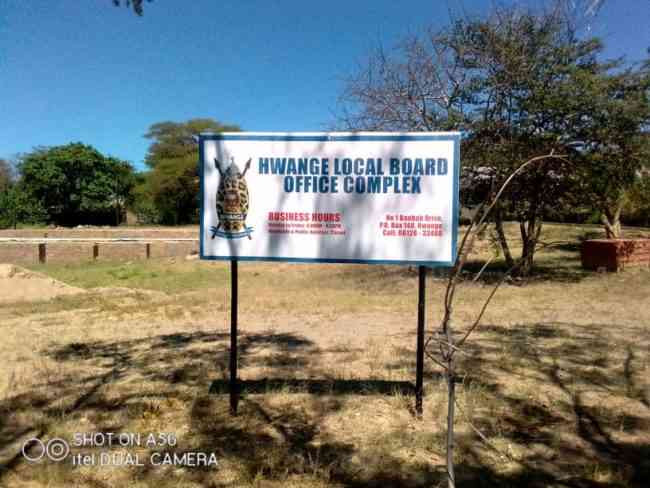
THE Hwange Local Board (HLB) has launched a fresh bid to take over all water management in its area of jurisdiction from the Zimbabwe National Water Authority (Zinwa).
Government allowed Zinwa to take over all water functions countrywide in 2006, a decision that was later reversed following protests from local authorities and residents.
But Zinwa still controls the water supply and sewer infrastructure of some councils such as the HLB.
HLB argues the Zinwa must hand-over the water and sewerage management to it in line with the Urban Councils Act, which vests the management of the services in local authorities.
The local authority’s acting town secretary Paulous Mabhureni said the imminent upgrading of HLB to a town was driving the council to take over water management from Zinwa.
Mabhoreni also cited moves to incorporate the Wankie (Hwange) Colliery concession area into HLB.
“Our status as a town is likely to push our parent Ministry of Local Government and Public Works to instruct the Ministry of Environment, Water and Climate to ensure Zinwa hands over water management to the council,” he said.
“For easy administration of towns, councils are supposed to manage water in their area of jurisdiction.”
- Policymakers urged to include children's rights in climate change plans
- Zim launches climate change gender action plan
- Zim announces plan to protect wetlands
- Hwange Local Board queries Zinwa water bill
Keep Reading
In 2018, local residents through the Greater Whange Residents Association petitioned Parliament to direct Zinwa to hand over water management to HLB.
In 2007, the late former president Robert Mugabe declared that the take-over of water management by Zinwa was an irreversible government decision.
Mugabe was later made to make a U-turn after Zinwa, a parastatal charged with managing and distributing water, failed to provide clean and adequate drinking water in cities.
Meanwhile, Mabhureni also explained the reason why the HLB had temporarily handed over water management in Empumalanga Phase 4 to Zinwa.
He said the decision was aimed at ending the impasse between the two authorities while ensuring the availability of the precious liquid to residents.
“We are handing over (management of) water to Zinwa, not because we are incapable, but because Zinwa is making it practically impossible for the council to remain alive in Phase 4,” he said.
“It charges us double of what it charges households elsewhere in our area of jurisdiction.”
Zinwa has been billing council at Empumalanga Phase 4 using Local Government ministry rates of US$2,21 per cubic metre while it billed other residents elsewhere for US$1,04 per cubic metre.
Council has been supplying Empumalanga Phase 4 with water as part of its pilot project aimed at preparing itself to take over water administration from Zinwa.
“It has to be known that we have been supplying water to Phase 4 as part of preparing ourselves to take over water management from Zinwa,” he said.
“We were set to replicate the same model in all the new settlements in our area of jurisdiction once we get complete control of water management.”







